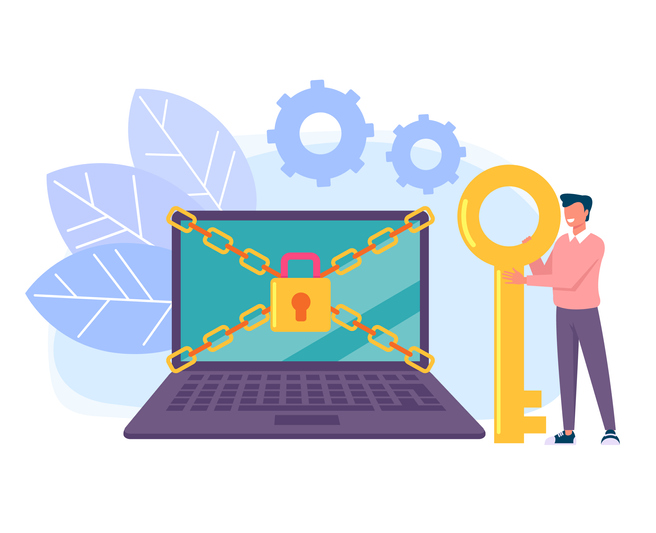

New and Ongoing Threats to Be Aware Of:
- Children spending more time online may be at increased risk for exploitation
- Zoombombing
- Emails, calls, texts, letters asking you for personal or financial information to receive stimulus
funds - Appeals for donations for illegitimate charities
- Offers for treatment of the disease
- Sale of in-demand products
How Do You Protect Yourself?
During this time of increased cybercrime, it’s important to be vigilant. That includes taking actions such as the following.
- Use secure passwords
- Avoid clicking on suspicious links or attachments
- Do your research before responding to emails, texts, calls, or letters
- Be cautious when online shopping
- Check your credit reports
- Consider identity theft insurance and programs
What Can Employers Do to Protect Their Employees?
Employers can purchase identity theft programs for their employees or offer it to them as an employee funded option. Identity theft protection takes two forms: identity theft insurance and non-insurance identity theft protection programs.
- Insurance – typically, these policies reimburse victims of identity theft for any expenses they incur to correct their credit record. These can include phone, notary and certified mail costs. Some policies also provide coverage of lost wages resulting from taking time off to deal with identity theft. Many cover attorney fees, subject to policy conditions and limits, and offer professional assistance to help plan members restore their credit. Most will not reimburse insureds for direct monetary losses due to identity theft.
- Non-insurance protection plans – typically, these programs offer services designed to detect identity theft early and minimize any resulting losses. These include credit monitoring and notification services; some plans also provide reimbursement or coverage for costs of repairing credit records.
Many comprehensive programs offer both types of protection – monitoring services for early detection and insurance to cover the costs of dealing with and correcting identity theft.
For additional information and assistance with evaluating a solution that best meets your needs, please email us at info@austin-co.com.
The information provided is not, is not intended to be, and shall not be construed to be, either the provision of legal advice nor does it necessarily reflect the opinions of the agency, our lawyers or our clients. The content is intended as a general overview of the subject matter covered.


